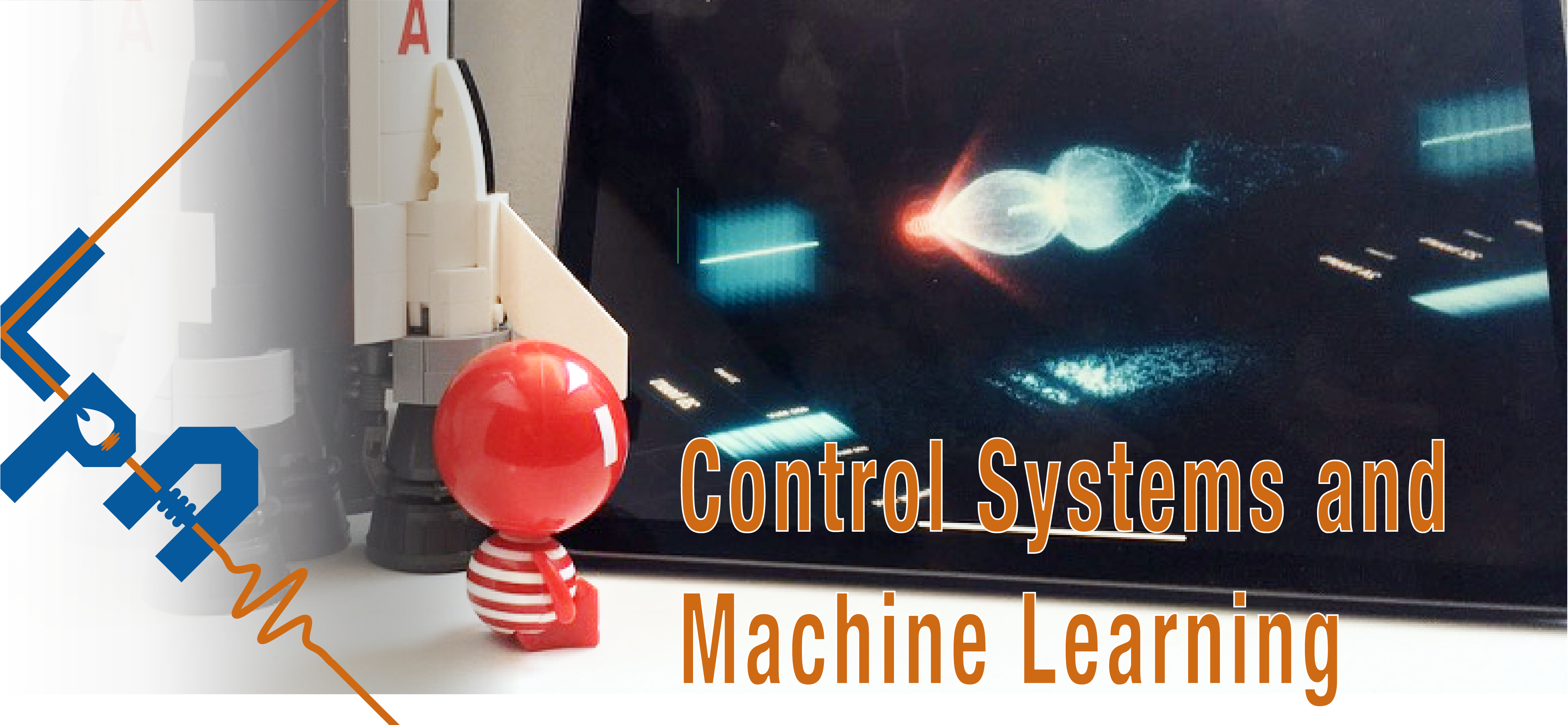Sprecher
Beschreibung
Laser wakefield acceleration (LWFA) has demonstrated to be a small-scale alternative for accelerating electrons. With the discovery and experimental realization of the so-called blowout regime, quasi-monoenergetic electron bunches could be produced. Progress in LWFA beam quality and stability has always been tied to improvements in machine control and experimental diagnostics. One such diagnostic technique is the so-called wave-breaking radiation. This broadband radiation is emitted during the self-injection process in which electrons are accelerated. Although the measurement of this wave-breaking radiation makes it possible to determine the spatial origin of the electron injection and the amount of injected electrons, there is so far only a limited application as a diagnostic method, as the characteristic spectral signatures corresponding to self-injection are hard to derive. We will be tackling that challenge by introducing a ML-based diagnostic that, for the very first time, translates this broadband radiation into injected charge per time. An invertible neural network had been successfully trained to solve this task based on synthetic data. Besides its high accuracy, we are also able to learn more about the actual radiation signatures that are induced during self-injection.

